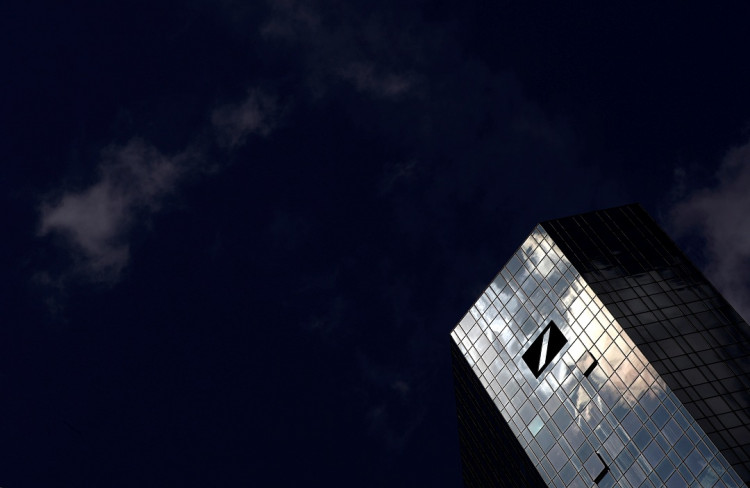As Germany's largest bank continues its planned overhaul, the effects of its risky move have now manifested as a staggering $3.5 billion loss for the second quarter of 2019. Deutsche Bank has promised shareholders that its radical overhaul will eventually pay off, but for the meantime, everyone involved will apparently have to bite the bullet.
Deutsche Bank revealed at its latest earnings call on Wednesday that it had spent around $3.8 billion in the last three months. This eventually led to a net loss for the company of around $3.46 billion.
The reported loss is higher than what the bank had initially announced earlier in the month when it said that it expected to lose around $3.1 billion for the second quarter as added costs for its reforms.
Without the cost of the overhaul, the bank revealed that it would have actually reported a profit for the quarter. Deutsche Bank mentioned that it would have had a net profit of $257.4 million for its second-quarter ending in June.
The statement gave little consolation to investors given that the figure was still 42 percent lower than the company's net profits for the same quarter last year.
For the past couple of year, Deutsche Bank has been having trouble producing consistent numbers for its shareholders. With added pressure from investors, the bank, under its CEO Christian Sewing, announced a massive overhaul plan aimed at getting the company back on track and back to its roots.
The strategy involved the cutting of more than 18,000 jobs across its investment banking business.
The company also scaled down its equities and trading unit, while also dialing down its rates division. The plan also involved the dissolving of more than $83 billion in assets over the coming years, which will be used as investments for other projects.
After nearly two decades of trying to compete with Wall Street giants such as Morgan Stanley and Goldman Sachs, Deutsche Bank had decided to throw in the towel and instead focus more on its more financially profitable and stable businesses such as corporate money management. Sewing described the strategy as a full reinvention of the century-old institution.
Several shareholders were initially reluctant of the overhaul plans, especially when it was announced that it would cost the company around $8.3 billion by 2022. Sewing and his team have been under a lot of pressure from shareholders to accelerate the overhaul and to offload assets faster than was initially planned.
The company's share prices have continued to tumble since the overhaul was announced last month, down by almost 3 percent as of today. Investors also continue to express their skepticism over the company's plans, but Deutsche Bank has remained confident that its plan will eventually get it back on the right track.






